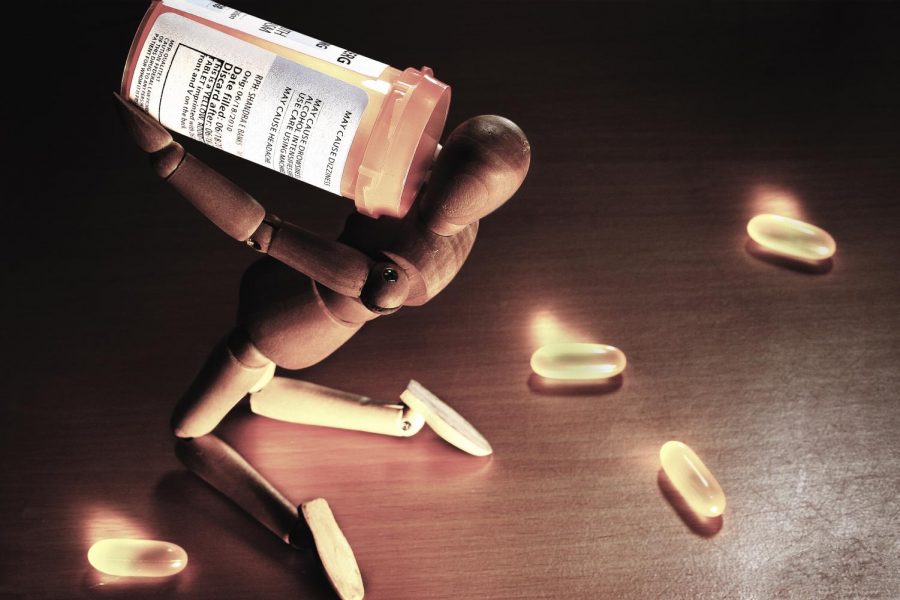Relapsing during coronavirus pandemic presents another hurdle for those struggling with mental health issues
Factors like isolation and stress during the pandemic have made it difficult for many to stay sober
September 14, 2020
Stay-at-home orders, self-isolation and the possibility or reality of quarantine were measures aimed at protecting people’s physical health during the COVID-19 outbreak. However, those same measures wound up taking a major toll on many others mental health.
Trying to not relapse was even harder for some.
Relapsing could be picking up the bottle that you haven’t touched in months or years – those pills that you thought you didn’t need any more — or that needle you had managed to put in your past.
It could also be self-harm, physical or mental.
Being alone or feeling stuck is very hard for those who are trying not to go fall back into harmful habits during these stressful times.
According to the Addiction Center, the most common signs for relapsing are, “Poor eating or sleeping habits, declining hygiene, constant lying, bottling up emotion, and/or skipping or avoiding virtual support meetings.”
An anonymous student at ASU spoke to nevalleynews.org about some of their struggles during the pandemic.
“I came out to my Mom during COVID. After my therapist and I talked about it, and my Mom was not supportive at all. It took a big toll on my mental health and brought me back to my bad habits of not getting out of bed or doing any basic care for myself,” the student said.
They expressed how difficult it was to lose a routine that they had set up to help them with their depression and motivate them. Once COVID-19 hit, they were unable to do any of it anymore.
“Take getting ready everyday as an example. That was no longer happening — and that small shift in my routine had a huge negative impact on my mood and motivation,” they said.
Many different things can affect people during this time, but no one is alone, and it is always okay not to feel okay.
There are a number of ways to avoid relapsing. The Addiction Center gives the following advice:
“Staying virtually engaged in the program, reading recovery-oriented literature, practicing prayer and meditation, engaging in healthy hobbies when possible, journaling thoughts and feelings, completing arts and crafts projects, being creative and staying present.”
If you are having trouble with relapsing, you can always call the confidential helpline at (888)815-2561 or the suicide hotline at (800)273-8255.
You are not alone, and you are loved.


